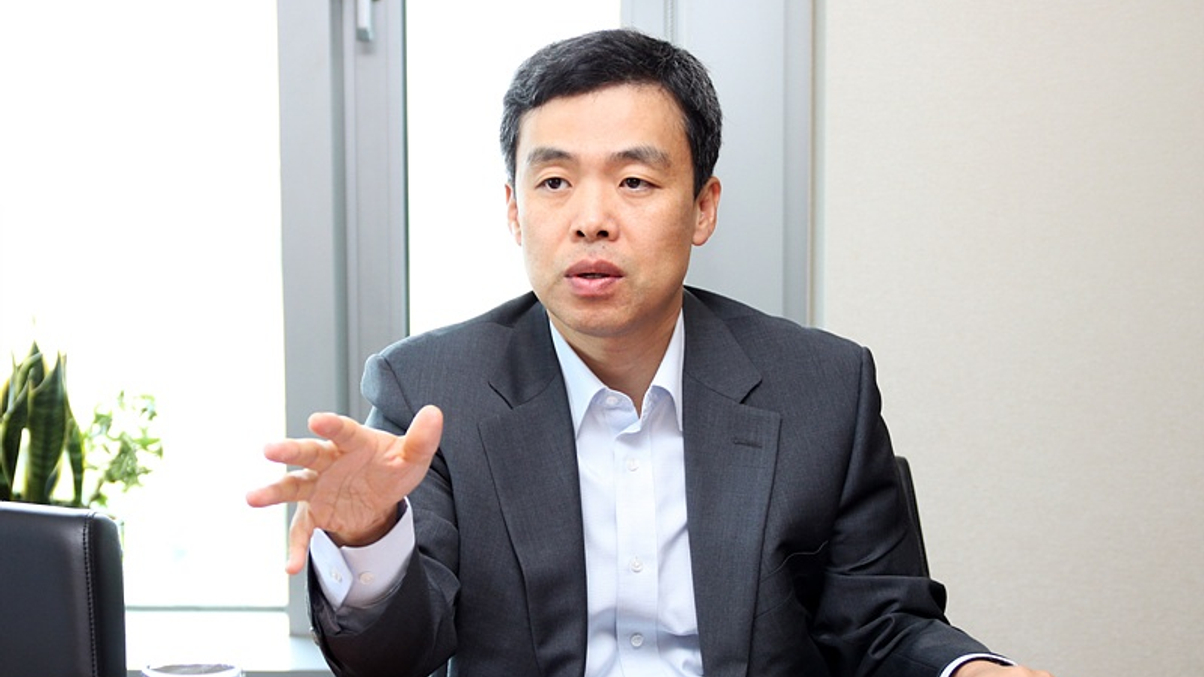KB Asset Management benefits from Kospi declines
For Korean asset managers, good times depend on poor stock market performance, reflects KB Asset Management's chief executive Cho Jaemin.

"We had a good 2011, especially in the second half, thanks to the market downturn," says Cho Jaemin, CEO at the W26 trillion ($23 billion) KB Asset Management, one of the leading managers of Korean equity funds in AUM terms.
Sign in to read on!
Registered users get 2 free articles in 30 days.
Subscribers have full unlimited access to AsianInvestor
Not signed up? New users get 2 free articles per month, plus a 7-day unlimited free trial.
¬ Haymarket Media Limited. All rights reserved.


